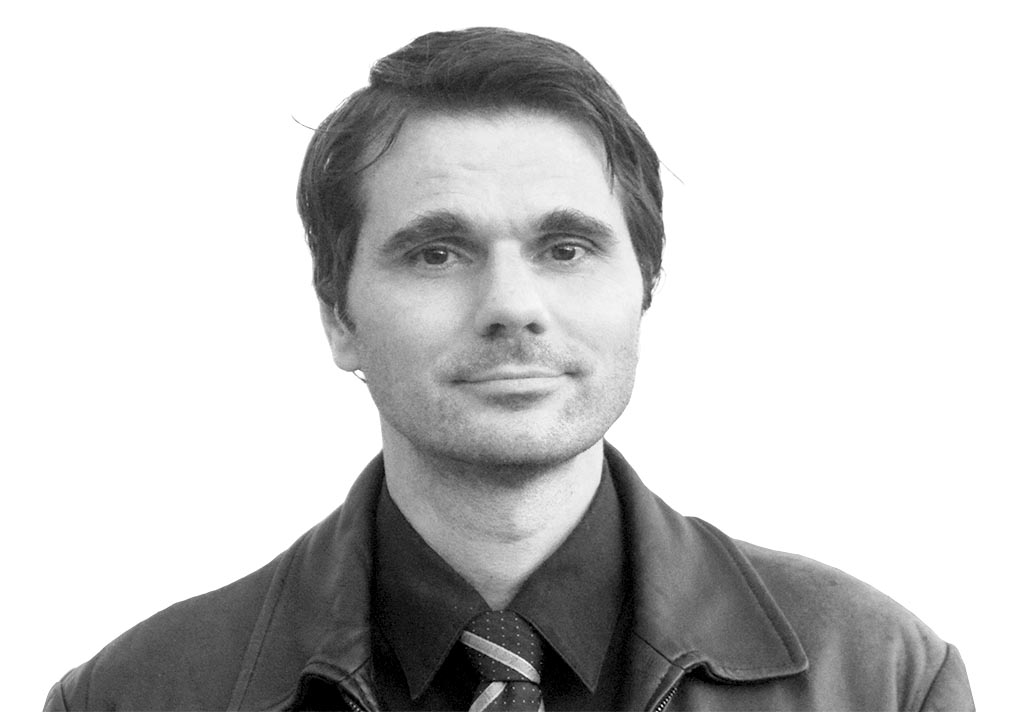By: Miran Černec, publicist
The Holy Blood under Veliki Klek in Carinthia got its name thanks to a strange legend.
It is said that in the 10th century, in 914, the Danish knight Bricij passed there on his way from Constantinople to his pagan homeland. This is not surprising; there were no good maps at that time and crossing the Alps into northern Europe was a risky undertaking. So also, for the good knight Bricij.
Somewhere below Veliki Klek, he was buried by a snow avalanche and his body was later found by the farmers. He was apparently discovered because three ears of grain were pushed out of his unexhausted heart through the snow in the middle of winter – and this is where things just started to get complicated. The men took the body of the virtuous Bricij to the valley, where they planned to bury him. But every time they tried it, his leg jumped back off the ground. Finally, they found that Bricij had a deep gash cut into his thigh, where a tiny bottle with drops of a mysterious liquid was hidden – and only when it was removed did the leg just let itself be buried. According to tradition, the bottle contained the blood of Jesus Christ himself, which the unfortunate knight tried to bring home as a gift from the Tsar of Constantinople. Of course, the bottle never came to Denmark. It remained in this place at the end of the world, where pious farmers kept it as a most precious shrine. Soon, pilgrims from all possible Alpine countries began to come there over the mountain passes and the place became known as Holy Blood… It was in the 10th century, when these events were said to have taken place in the valley of the Mel River, that according to most linguists and historians, “Freising manuscripts” were created.
The men of heart who were given the task of discovering Bricij’s body and creating one of the most beautiful legends of Christian Europe, therefore very likely once heard their messages live. They heard that as sons of God, they were invited to renounce the works of evil and become good people. So, they did. And their language was the language in which, more than 1,000 years later, I am writing lines on the banks of the Mel River (originally in Slovenian).
